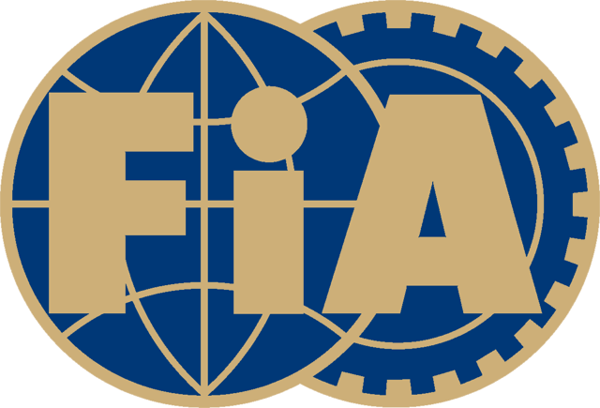The cyber war between Pakistani and Indian hackers is intensifying. A group called the Indian Cyber Army (ICA) has claimed access to scripts from more than 375 Pakistani websites, including those belonging to the government, high-level organizations, and notable individuals.

Hackers from both countries are targeting significant public and private websites. Last week, a group named Pak Cyber Army (PCA) hacked approximately 300 Indian websites. The ICA has warned it could hack another 375 Pakistani websites by December 31, 2010.
In response to these threats, the government has taken serious measures. A special cell under the Federal Investigation Agency (FIA), known as the National Response Centre for Cyber Crimes (NR3C), has been established to monitor Pakistani websites, particularly government sites, according to Inam Ghani, Project Director NR3C. He added that the cybercrime wing of the FIA has already recovered 36 hacked websites.
To prevent further attacks on public websites, a standard operating procedure outlining parameters for hosting will soon be issued to all government institutions, said Ghani.
Initial investigations revealed that a suspect arrested by the FIA for hacking the personal website of the President of Pakistan, Asif Ali Zardari, in early December, had connections with Indian hackers. This led to the ongoing cyber war between the two countries.
The FIA, along with the ministries of interior and information technology and the Pakistan Telecommunication Authority, is working to re-implement the Prevention of Electronic Crimes Ordinance (Peco) through a parliamentary bill. This ordinance, enacted by the president, lapsed last year with the implementation of the 18th amendment.
Major cybercrime cases, including those involving Khanani and Kalia International and Zarco Exchange, were registered under Peco.
Munawar Chaudhry, a programming expert at the University of Education, Lahore, highlighted that most Pakistani websites are hosted on insecure servers. These include websites of the National Assembly, the Senate, the Supreme Court, provincial assemblies, high courts, and other public departments. Ironically, even the website of NR3C is hosted on an insecure server.
The servers are not physically present in Pakistan, creating a significant security loophole that hackers can exploit. Governmental websites should be hosted on secure, dedicated servers physically located in Pakistan to prevent future cyber-attacks.
The government is urged to table the Peco bill in parliament promptly.



























